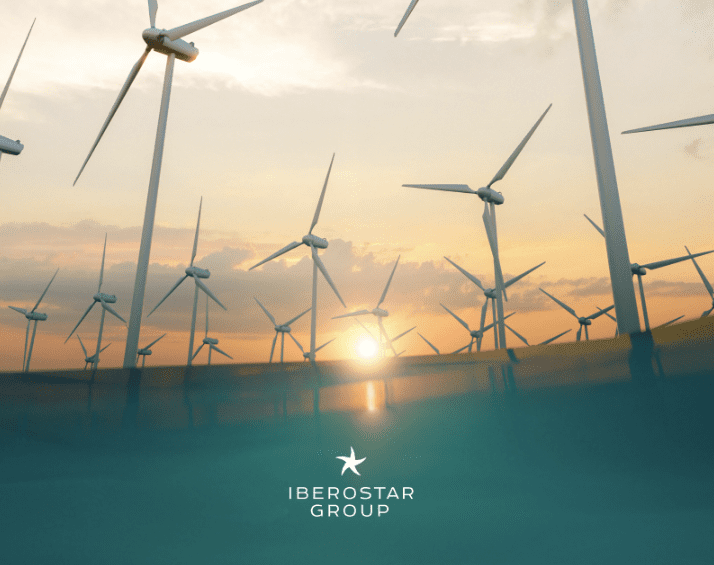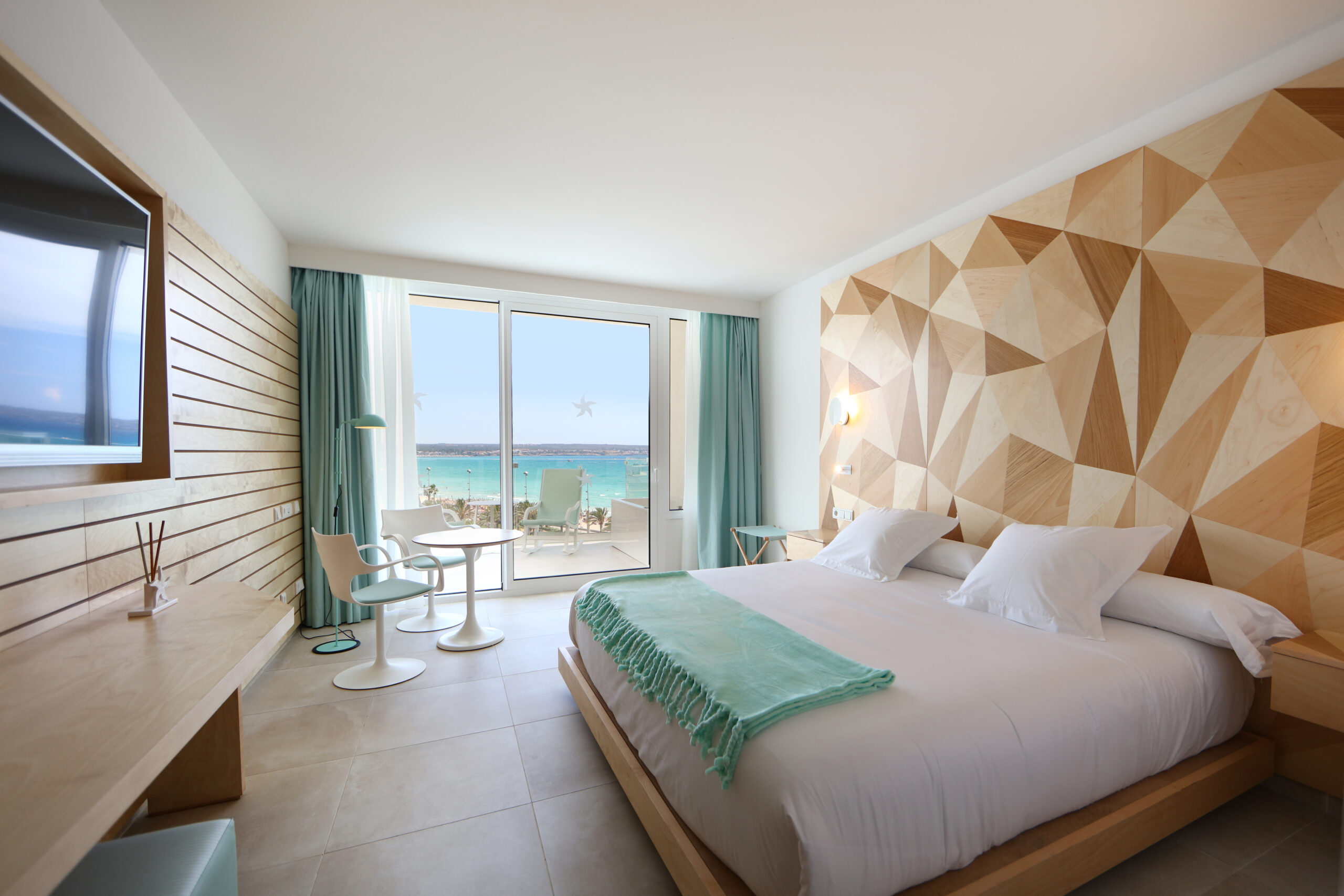In January 2018, Wyatt Million, a third-year PhD student at the University of Southern California (USC) attended and presented research at the Reef Futures conference – a coral restoration and intervention science symposium that hosts more than 400 of the world’s leading coral scientists and experts sponsored in part by Iberostar – in the Florida Keys.
Iberostar announced an opportunity at Reef Futures for an award to perform original coral research in the Caribbean region. As an organization with 80% of the hotels along beachfront and a passion for the ocean, it is critical for Iberostar to ensure the protection of corals and other marine life. After hearing about the unique opportunity, Wyatt was encouraged by his academic advisor, Dr. Carly Kenkel, to develop a proposal which was later chosen as a winner by a board of judges.
Wyatt’s project revolves around the idea that corals have two different modes of sexual reproduction, brooding and broadcasting and was carried out in the Dominican Republic from October 7-11, 2019. Brooding occurs when sperm fertilizes eggs internally and then releases well-developed larvae into the ocean, while broadcast spawners generally release sperm and eggs into the water colony and will fertilize over a longer period. Brooders generally settle quicker and are more likely to settle around their parents, whereas broadcast spawners release the sperm and egg that water currents can carry far away and eventually settle outside of their colony. By looking at genetics of multiple populations across different reef sites, Wyatt proposes that this would allow them to assess the connectivity of the individual colonies.
Over the five days in October, Wyatt, accompanied by Wave of Change scientist Macarena Blanco and fellow third-year USC PhD student Ben Flanagan, dived at five different reef sites throughout the southeastern Dominican region and collected 20 individual samples of four different species (80 total) from each of the five sites. Two of the species are known brooders, and the other two are broadcast spawners to compare the two different reproductive modes.

After the dives, live tissue is scraped off the coral, placed inside individual test tubes and brought back to USC for DNA extractions. By determining the coral’s DNA sequence, Wyatt’s team can determine where a single population belongs and if it is similar or distinctly different from another population. This information will help Iberostar determine which sites to build nurseries around and which populations to protect, an additional function of the Coral Lab in the Dominican Republic.
The coral samples are now in the process of being analyzed to determine the genetics of each of the individual coral samples. While that is going on, Iberostar continues to build on their nurseries in the Dominican Republic and perform research in their coral lab at the Iberostar Bavaro to help improve coastal health.
Iberostar is performing much needed science in some surprising new settings, opening up opportunities for universities and other organizations to come and perform research. When asked about what this partnership between Iberostar and Universities can mean for the future, Wyatt said “Iberostar now has access to a ton of scientific inquiry, and I want to help answer those questions.”






